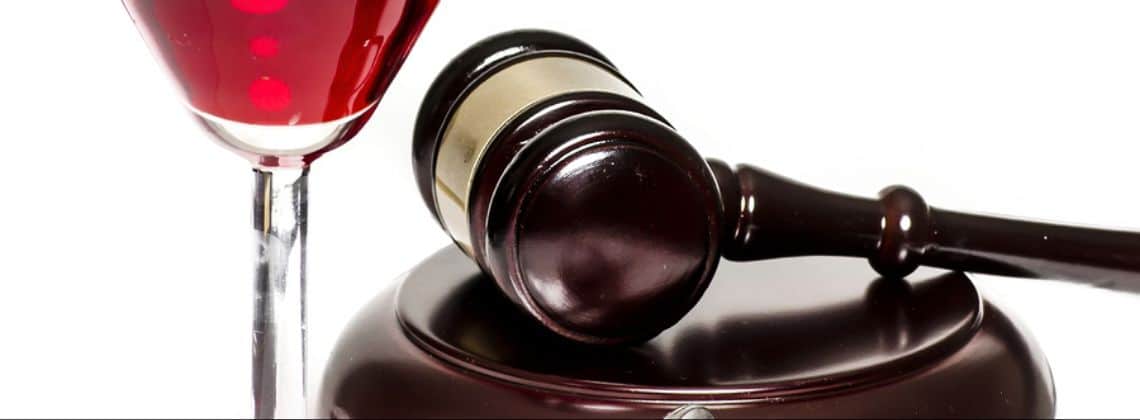An arraignment, or arraignment hearing, is usually the first step if a person is accused of committing a crime. The accused person is told by the judge exactly what the charges are against them but also informed of their legal and constitutional rights. The judge makes sure the accused understands their rights so that they (and their attorney) know what they are legally confronted with. The last question the judge asks is how the accused would like to plead.
If the accused has a criminal attorney representing them (and they certainly should), there are several things he or she can do on the accused’s behalf, such as waive (or give up) the right to have the charges read aloud and explain to the judge that their client already has been advised of their rights.
Some of the essential rights that the accused is guaranteed include:
- The right to an attorney
- The right to confront witnesses
- The right against self-incrimination
- The right to be released on reasonable bail
- The right to a speedy trial
The accused needs to understand how each of their legal and constitutional rights can impact their case. These rights are for the accused’s legal protection and can have a real impact on how the case is ruled.
Essentially there are six pleas that the accused can make at the arraignment. Once again, how the accused pleads can severely impact how their case turns out for them. A criminal defense attorney knows the various ramifications of the different types of pleas and is invaluable in determining how their client should plead.
The six types of pleas are:
- Guilty
- Not guilty
- Not guilty by reason of insanity
- No contest or nolo contendere
- Former judgment of conviction or acquittal
- Double jeopardy
If the accused (and their attorney) need more time to go over the charge (or charges) once they learn exactly what they are, the court must grant them a reasonable time. The accused and their attorney may not have expected the charges’ seriousness or other included charges and have to plan more before the plea is formally made. An aggressive criminal defense provided by the accused’s defense attorney is the accused’s right and offers the best chance for their case to turn out positively.
What are the Types of Charges the Accused may Face at the Arraignment?
At the arraignment, the accused can face different types of charges. These charges vary in severity, and this difference will determine how the accused (and their attorney) respond to them.
The main types of charges are:
- Felonies
- Misdemeanors
- Infractions
These vary in their punishments and will be defended very differently. A felony crime can result in years of imprisonment and even death. A misdemeanor crime is usually punishable by up to one year in county jail, which may vary. An infraction is not punishable by jail time but may include high fines or other penalties.
All these charges are treated similarly at the arraignment hearing, but with two significant differences for infractions. If the accused is charged with an infraction of the law, they are not entitled to a jury trial or a publicly appointed council. It is still important how the offense is handled, as it still may undoubtedly affect the accused’s life.
In felony cases, the accused must always appear before the court for the arraignment. In misdemeanor cases, the accused’s attorney may appear alone but only with the court’s approval.
Like many legal process areas, an arraignment may be confusing for people who have never been arrested before. It is highly recommended to use the time between the arrest and arraignment to find an experienced criminal defense attorney to represent you in your criminal case. As the accused, it is prudent to protect yourself with a criminal justice attorney whose firm is familiar with the charges you face. Also, as in most serious matters, the attorney or firm should have the decades of experience needed to make sure you are represented in the absolute best way possible.
The accused may also hear the terms advisement hearing and arraignment and think they are the same thing – they are not. In some cases, the arraignment is the first time the accused will appear before the judge. Depending on certain conditions, though, commonly, an advisement hearing is held before the arraignment.
At the advisement hearing, a judge will notify the accused of the crimes he or she is being investigated for, or the charges the prosecuting attorney plans to pursue against the accused in court. Although the accused will hear the charges at this meeting, they do not have to enter a plea until the arraignment
What is a Plea Bargain and Can it Affect the Arraignment Process?
Most people get their ideas about what happens in court from dramas they watch on television. In the real world, however, how the courts work is usually far different than on T.V. In a real-world court, in most cases, a plea bargain is reached between the prosecution and defense.
The defendant agrees to plead guilty or nolo contendere (no contest) to one or more charges for certain concessions. These concessions may include the dismissal of one or more charges, the reduction of one or more charges to less-severe offenses, or a reduced prison sentence.
No matter what the arraignment is for, remember that the outcome of any charges may affect you for the rest of your life. Especially in this day of instant communication, social media, and background checks. Arm yourself for maximum defense by retaining a criminal justice attorney who is skilled in protecting your rights.








